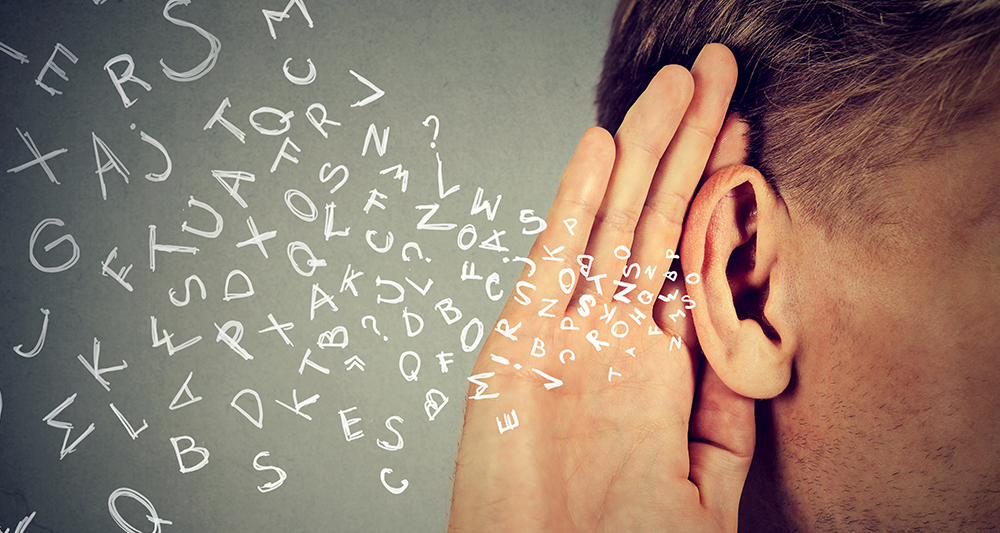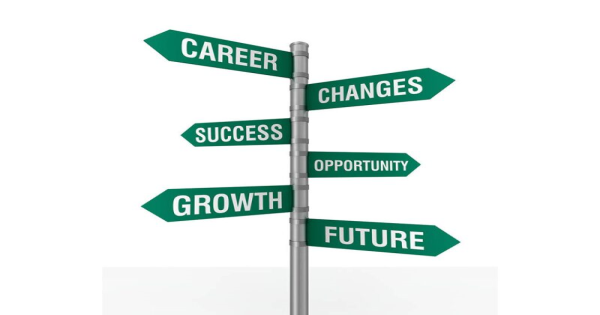Effective listening is a crucial skill in both personal and professional settings. Becoming a better listener improves relationships, enhances understanding, and fosters meaningful connections. Many people struggle with active listening due to distractions, preconceived notions, or a lack of focus. This article explores practical strategies to improve listening skills, their benefits, and the impact of effective listening on daily life.

Why Good Listening Matters
Benefits of Being a Good Listener
| Benefit | Description |
|---|---|
| Improved Relationships | Strengthens personal and professional bonds. |
| Better Understanding | Reduces misunderstandings and miscommunications. |
| Increased Productivity | Enhances workplace efficiency by improving clarity. |
| Stronger Empathy | Helps in understanding others' emotions and perspectives. |
| Effective Problem-Solving | Allows for clear and informed decision-making. |
Common Barriers to Effective Listening
Many people unknowingly engage in poor listening habits. Understanding these barriers can help in overcoming them.
Major Listening Barriers
-
Distractions – External noises or multitasking.
-
Prejudgment – Forming opinions before the speaker finishes.
-
Emotional Reactions – Responding defensively without fully understanding.
-
Daydreaming – Losing focus during conversations.
-
Interrupting – Speaking before the other person finishes.
Steps to Become a Better Listener
1. Practice Active Listening
Active listening involves fully concentrating, understanding, and responding appropriately.
-
Maintain eye contact.
-
Nod occasionally to show engagement.
-
Avoid distractions like checking your phone.
-
Paraphrase what the speaker says for clarity.
2. Show Empathy
Empathy is key to understanding another person’s perspective.
-
Use phrases like "I understand how you feel."
-
Validate their emotions and concerns.
-
Avoid dismissing their viewpoints.
3. Avoid Interrupting
Allow the speaker to finish their thoughts before responding.
-
Pause for a few seconds before speaking.
-
Avoid thinking about your response while they are talking.
-
Encourage them to elaborate on their points.
4. Ask Open-Ended Questions
Encourage the speaker to share more details.
-
"Can you explain more about that?"
-
"What do you think caused this situation?"
-
"How did that make you feel?"
5. Stay Present in the Conversation
Being mentally and emotionally present enhances communication.
-
Focus on the speaker, not on forming a reply.
-
Avoid distractions like checking emails or social media.
-
Show genuine interest by nodding and responding thoughtfully.
6. Improve Nonverbal Communication
Body language plays a crucial role in effective listening.
-
Maintain an open posture.
-
Use facial expressions to show engagement.
-
Mirror the speaker’s emotions subtly.
Techniques for Effective Listening in Different Settings
Listening at Work
| Strategy | How It Helps |
| Take Notes | Ensures you retain important details. |
| Clarify | Ask questions to confirm understanding. |
| Avoid Multitasking | Enhances focus and accuracy. |
Listening in Relationships
| Strategy | Benefit |
| Be Patient | Reduces misunderstandings. |
| Validate Feelings | Strengthens emotional connections. |
| Minimize Distractions | Shows you value the conversation. |
How to Develop Long-Term Listening Skills
Improving listening skills requires consistent practice.
-
Engage in Mindfulness – Practice staying in the moment.
-
Read Books on Communication – Enhance understanding of listening dynamics.
-
Join Workshops – Participate in active listening training.
-
Practice Reflective Listening – Repeat back what you hear to confirm understanding.
IKD Team
Top Contributors
Related Articles
Why Your First Job Doesn’t Define Your Career – Key Factors for Long-Term Success
- Ilmkidunya
- 14/Apr/2025








.gif)


































